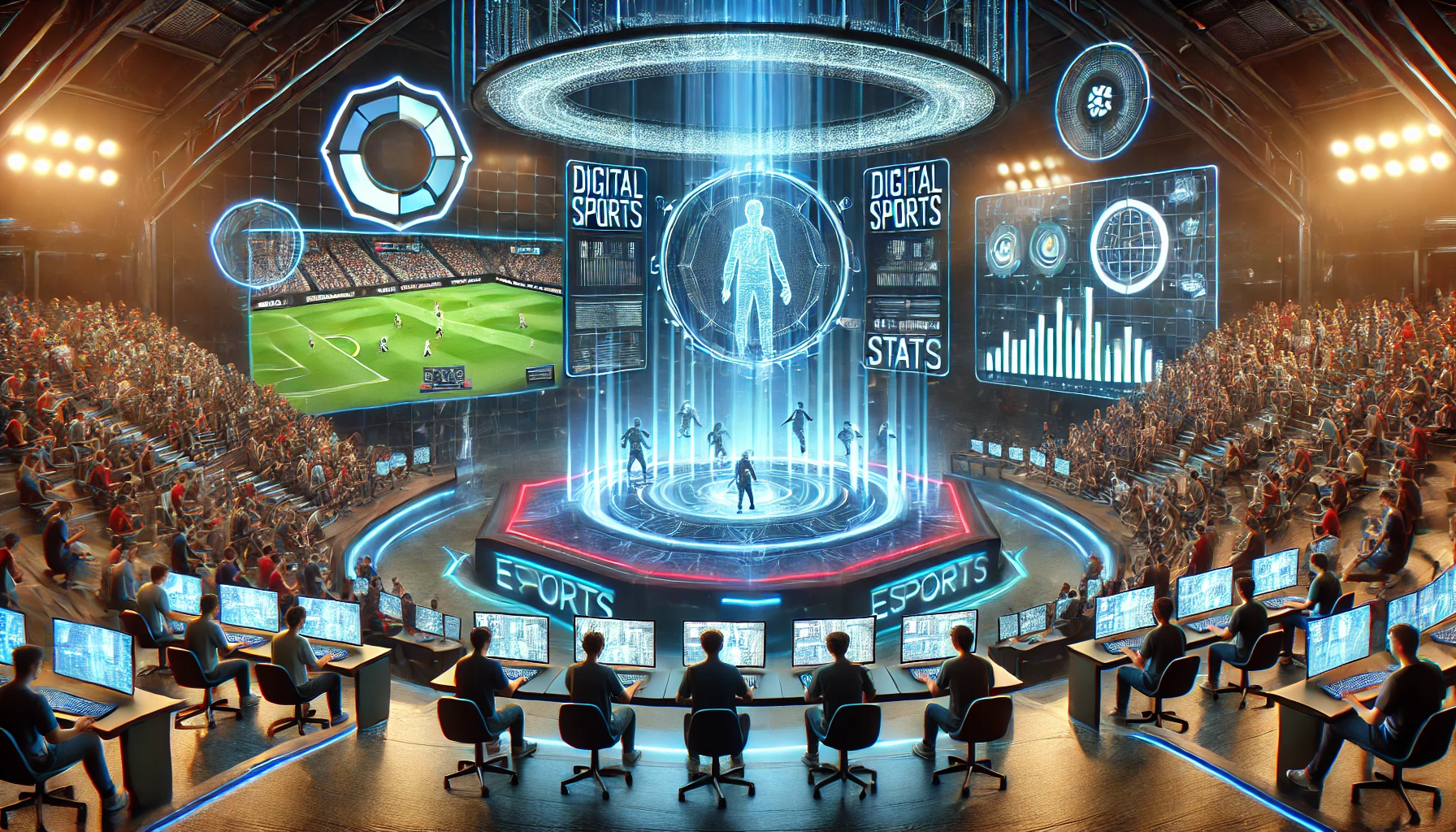Introduction
The world of sports is rapidly evolving, and digital technology is playing a huge role in this transformation. One of the major innovations reshaping the landscape is eTrueSports. This term represents the fusion of real-life sports with digital enhancements, data analytics, and eSports. As technology advances, eTrueSports is becoming a game-changer, blending traditional sports with virtual experiences to offer a more immersive and engaging experience for fans and athletes alike.
In this article, we will explore how eTrueSports is shaping the future of gaming, enhancing sports performance, improving fan engagement, and redefining competitive sports. We will also look at the impact of artificial intelligence (AI), virtual reality (VR), and data analytics in transforming the industry.
What is eTrueSports?
At its core, eTrueSports is about integrating digital technology with traditional sports. It covers a wide range of innovations, including:
- Virtual sports simulations
- Data-driven athlete performance tracking
- AI-enhanced coaching and training
- eSports competitions that mimic real-world sports
- Advanced fan engagement tools
With these technologies, sports are no longer confined to the field or stadium. They now exist in a digital space where players, fans, and analysts can interact in new and exciting ways.
The Rise of Digital Sports
eSports and Competitive Gaming
One of the most significant aspects of eTrueSports is its connection to eSports. Competitive gaming has grown into a billion-dollar industry, with professional leagues, massive tournaments, and millions of fans worldwide. Traditional sports organizations like the NBA, FIFA, and Formula 1 have embraced eSports by creating their own digital leagues and championships.
With advancements in simulation technology, eSports competitions are becoming more realistic. Games like FIFA, NBA 2K, and Madden NFL are not just for entertainment—they are used for training and strategy development in real-world sports.
Virtual and Augmented Reality in Sports
Virtual reality (VR) and augmented reality (AR) are revolutionizing the way fans experience sports. With VR headsets, fans can enjoy live games as if they were sitting courtside. AR apps provide real-time stats, player insights, and interactive features during matches.
For athletes, VR training simulations allow them to practice in lifelike scenarios without physical exertion. This technology is particularly beneficial in high-contact sports, where reducing the risk of injury is crucial.
The Role of AI and Data Analytics
Enhancing Athlete Performance
AI and machine learning are playing a crucial role in eTrueSports. Coaches and teams use AI-driven analytics to track player performance, predict injuries, and optimize training schedules. Wearable technology, like smartwatches and biometric sensors, collects real-time data on heart rate, movement, and fatigue levels.
For example, AI can analyze an athlete’s movement patterns to identify weaknesses and suggest improvements. This helps players train more efficiently and reduces the likelihood of injuries.
Smart Coaching and Strategy Development
AI-powered tools are transforming the way coaches strategize. Advanced software can analyze past game footage, identify patterns in opponents’ playstyles, and provide recommendations for upcoming matches.
These insights allow coaches to make data-driven decisions rather than relying solely on intuition. This results in better game plans and improved team performance.
Fan Engagement in the Digital Age
Social Media and Interactive Platforms
With digital technology, fans are more connected to their favorite sports than ever before. Social media platforms, streaming services, and interactive apps provide real-time updates, behind-the-scenes content, and opportunities for direct engagement with athletes.
Platforms like Twitch and YouTube Gaming allow fans to watch live eSports events, chat with professional players, and even participate in virtual competitions. These interactive elements create a more immersive experience for sports enthusiasts.
Fantasy Sports and Gamification
Fantasy sports have exploded in popularity, allowing fans to create their own teams, compete with friends, and win prizes based on real-game performances. With AI-driven insights, fantasy sports platforms can now offer predictive analytics, helping users make more informed decisions.
Gamification techniques, such as virtual rewards and achievements, also keep fans engaged. Many sports apps include challenges, quizzes, and interactive experiences that enhance the overall viewing experience.
The Future of eTrueSports
The Expansion of Digital Sports
The future of eTrueSports is limitless. With emerging technologies like blockchain, AI, and 5G, digital sports will continue to evolve. Blockchain-based platforms can ensure fair play and transparency in eSports tournaments, while AI-driven automation will further enhance coaching and analytics.
The Metaverse and Sports
The concept of the metaverse—virtual worlds where users can interact—has the potential to redefine sports. Imagine attending a basketball game in a virtual stadium with friends from across the globe. With metaverse technology, sports will become more accessible, allowing fans to engage in new and immersive ways.
Ethical Considerations
As eTrueSports grows, ethical questions must be addressed. Issues like data privacy, fair play, and the impact of AI on traditional sports must be carefully managed. Ensuring that technology enhances sports rather than replacing human elements will be crucial for maintaining integrity in the industry.
Conclusion
eTrueSports is transforming the world of sports by integrating cutting-edge digital technology with traditional gameplay. From AI-driven coaching and virtual reality training to eSports and enhanced fan engagement, the future of sports is more exciting than ever.
As technology continues to evolve, so will the opportunities for athletes, fans, and sports organizations. Whether through VR stadiums, AI-powered training, or interactive fantasy leagues, eTrueSports is paving the way for a new era of sports entertainment. One thing is certain—the digital revolution in sports is just beginning, and its impact will be felt for generations to come.


